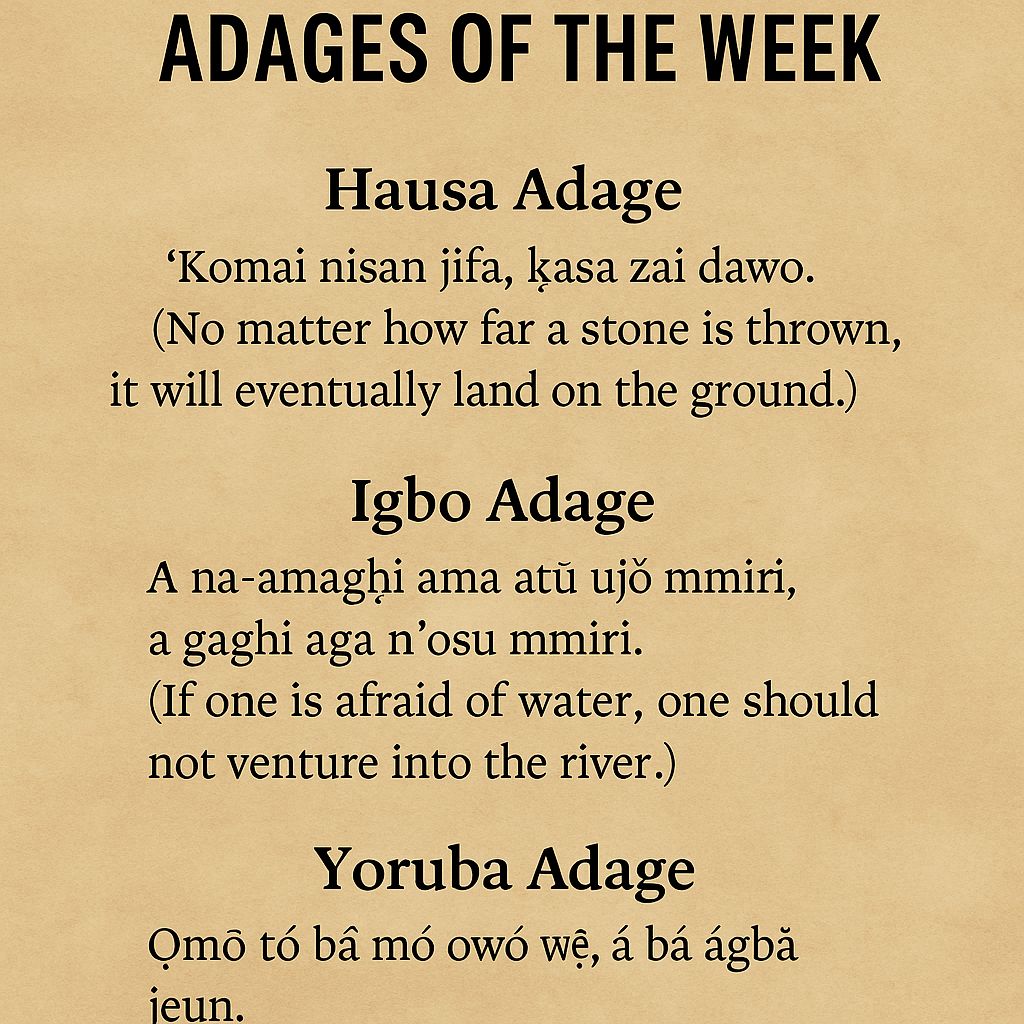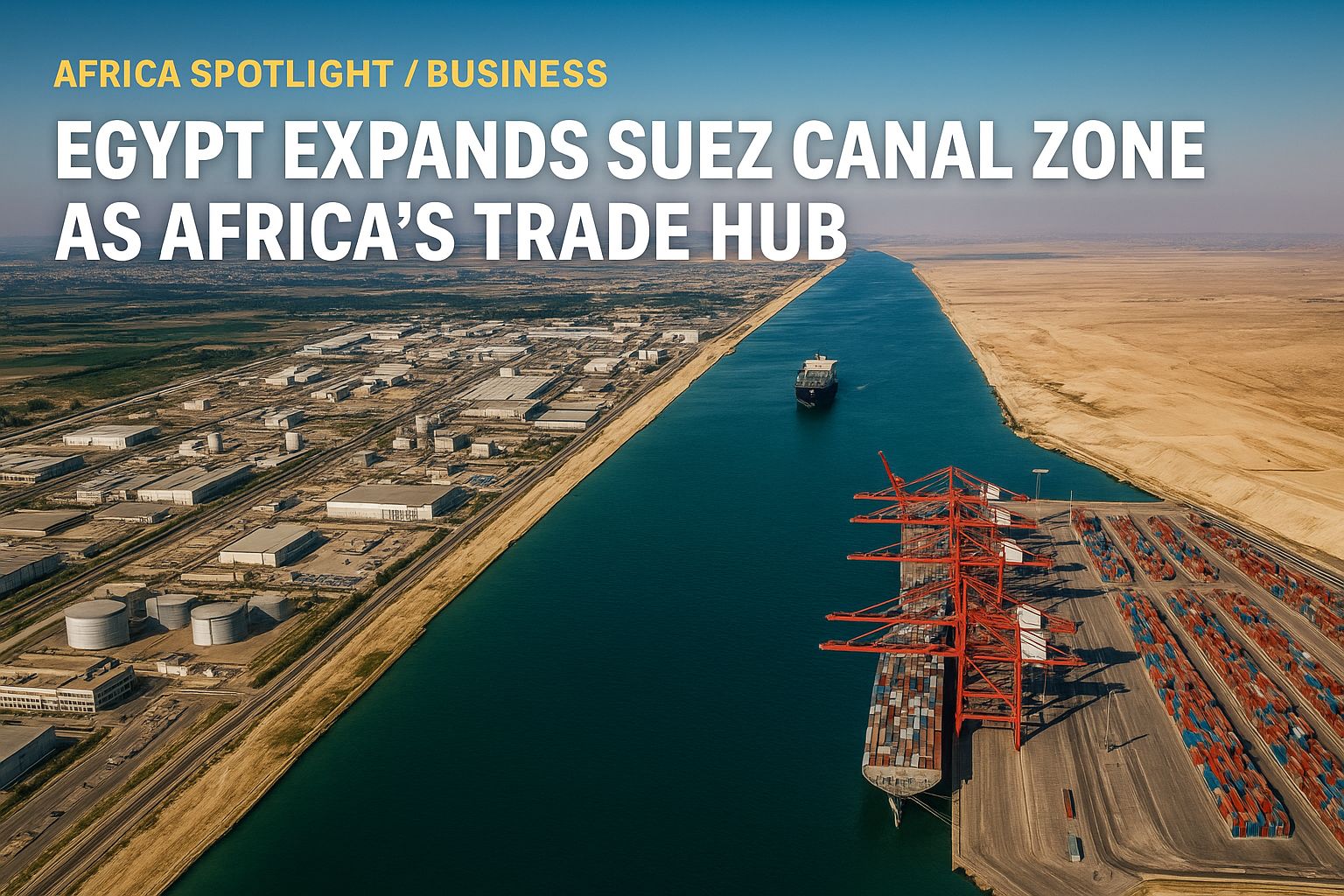Kenyan Startup Expands Mobile Banking Across Africa

Introduction
Kenya has long been recognized as the cradle of mobile money innovation in Africa, thanks to the groundbreaking success of platforms like M-Pesa. Now, the country’s fintech sector continues to blaze trails across the continent. One of Kenya’s rising fintech startups has announced its expansion into Nigeria, Ghana, and South Africa, signaling a new chapter for Africa’s digital finance ecosystem.
The startup, originally launched as a micro-loan provider using mobile phones, has grown into a full-fledged digital banking platform. It now offers savings accounts, cross-border transfers, and mobile-first financial management tools tailored for Africa’s unique market needs.
This move has been hailed by industry experts as a strong sign of Africa’s fintech maturity, with investors predicting more than $5 billion in digital finance investment across Africa within the next five years.
The Startup’s Journey: From Micro-Loans to Full-Service Banking
When the company first launched in Nairobi, its mission was simple: provide micro-loans to small traders and students using just a mobile phone. Many of its first customers were women in informal markets, who lacked access to traditional banking but could receive instant credit via text message.
Over time, the company evolved. Customer demand led to the creation of digital savings accounts, helping people securely store and grow their income. The most recent innovation — cross-border transfers — addresses one of Africa’s biggest financial challenges: the difficulty of sending money cheaply and quickly across national borders.
The company’s CEO explained: “We want every African, from market women to students, to have access to secure, easy, and affordable financial services. Banking should not be a privilege — it should be a right.”
Why Expansion Matters
Expansion into Nigeria, Ghana, and South Africa is not just about growth — it is about tapping into some of the continent’s most dynamic economies.
– Nigeria is Africa’s largest economy with a population of over 200 million, offering massive potential for mobile-first banking.
– Ghana is becoming West Africa’s fintech testing ground, with a strong push from regulators for digital financial services.
– South Africa boasts advanced infrastructure and a growing youth demographic eager to adopt digital-first services.
By moving into these markets, the Kenyan startup is not only expanding its footprint but also creating a pan-African financial network that connects everyday people, traders, and even small businesses across borders.
The Fintech Boom Across Africa
The company’s growth reflects a broader reality: Africa is the world’s fastest-growing region for mobile financial services.
– Over 60% of the world’s mobile money accounts are in Sub-Saharan Africa.
– In 2023, fintech startups in Africa attracted $1.5 billion in venture funding, making it the top sector for investment.
– The continent’s youth-driven digital adoption ensures that demand for mobile financial services will only grow.
From South Africa’s regulatory sandbox for fintech, to Nigeria’s booming payment startups, to Kenya’s role as a digital finance pioneer, Africa is experiencing a transformation that rivals — and in some cases surpasses — other regions.
While expansion is promising, the company faces several challenges:
1. Regulation: Each country has different rules for mobile banking, requiring careful navigation.
2. Competition: Nigeria alone has more than 200 registered fintechs competing for market share.
3. Infrastructure Gaps: Internet costs and inconsistent electricity remain hurdles for seamless digital banking.
4. Trust: Many people still prefer cash and remain cautious about entrusting savings to digital platforms.
Despite these challenges, the startup is confident that its customer-first approach, micro-loan heritage, and experience in Kenya’s competitive market will help it succeed.
Expert Perspectives
Industry experts say this expansion is a turning point.
According to fintech analyst Ifeoma Okeke: “The entry of more pan-African fintechs is what we have been waiting for. For too long, financial services in Africa have been fragmented by borders. With platforms like this, an entrepreneur in Accra can receive payment from a customer in Nairobi instantly. That’s revolutionary.”
The African Development Bank also highlighted that financial inclusion is key to unlocking Africa’s economic potential. Expanding mobile banking could bring more than 200 million unbanked people into the formal financial system, fueling growth and resilience.
The Chrome News Perspective
At Chrome News, we see this expansion as more than a fintech success story. It represents a cultural and economic shift in Africa.
For decades, banking in Africa was synonymous with exclusion. Millions of traders, farmers, students, and small businesses were left outside formal systems. Today, fintechs are flipping that script by showing that banking can be inclusive, mobile, and borderless.
The expansion of this Kenyan startup into three of Africa’s most critical economies is not just a story about apps and digital wallets. It’s a story about dignity, access, and opportunity. It’s proof that Africa’s innovation is homegrown and capable of setting global examples.
If the next five years bring the predicted $5 billion in fintech investment, we may see Africa leapfrog traditional banking systems entirely. And when that happens, platforms like this one will be remembered as the pioneers who made it possible.
Conclusion
The story of this Kenyan fintech startup is a powerful reminder of Africa’s ability to innovate for its own needs. By combining local insight with cutting-edge technology, it has grown from a micro-loan experiment to a regional banking powerhouse.
Its entry into Nigeria, Ghana, and South Africa is not just business expansion — it’s the weaving together of Africa’s financial future.
For the market woman in Lagos, the student in Accra, or the small business owner in Johannesburg, this expansion could be the key to greater financial freedom.
And for the rest of the world, it is proof that Africa is not just catching up — it is leading.








